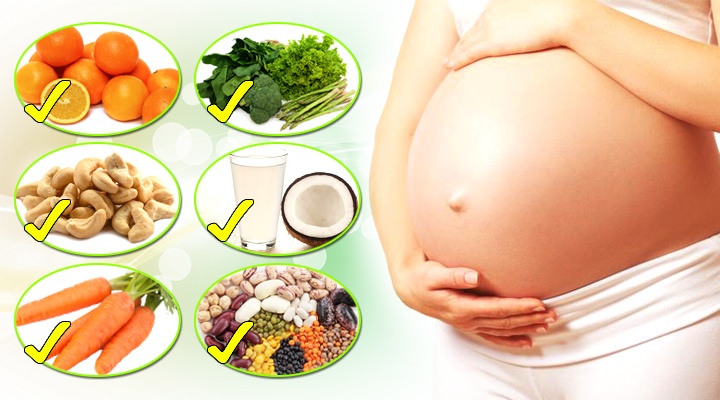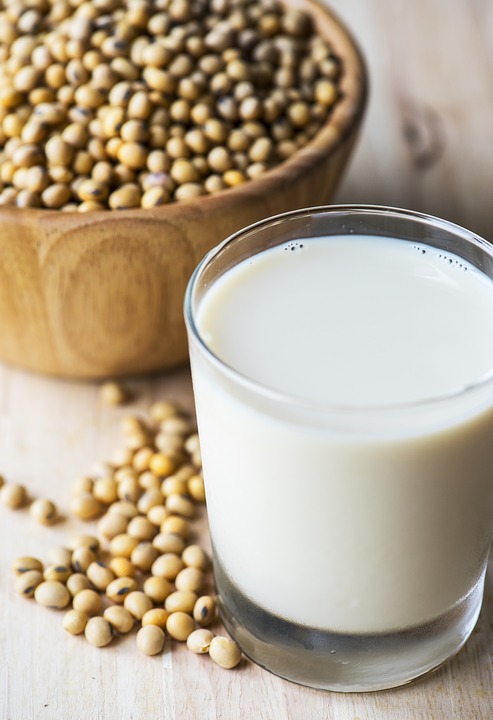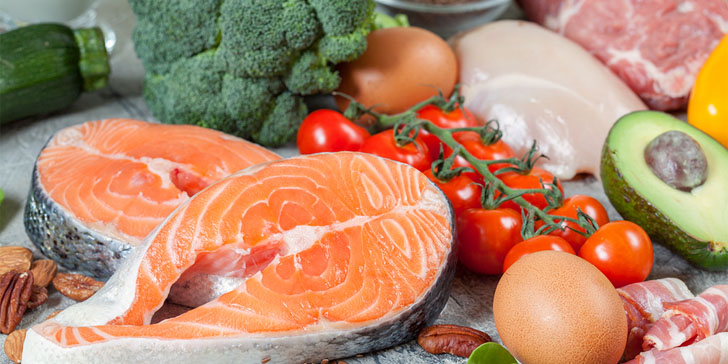In Pregnancy, women need the maximum amount of nutrition. Pregnancy demands good nourishment for the health of the baby and mother. Well planned meals made with fresh ingredients provide all the nutrients required. The basic principles of a healthy diet remain the same, which means each meal should provide macronutrients like – Proteins, Carbohydrates, and fats and micronutrients including vitamins and minerals in adequate amounts. Here I am giving a pregnancy diet chart to aware you what to eat during pregnancy. These are…
Pregnancy Diet Chart:

Source :- baby360 . in
This pregnancy diet chart aware you about your nutrition, what food you need and what nutrients are needed to make you and your baby healthy. These are…
Proteins:
Proteins are essential for the healthy growth of the fetus and to maintain the mother’s health. Proteins form the building blocks for blood, bones, organs, muscles, and tissues. Inadequate protein intake can lead to severe malnourishment.
Your daily diet should have an additional 0.5g of proteins in the first trimester, 6.9g in the second and 22.7g in the third trimester. So you need about 78g of proteins in the third trimester. This is the most important nutrient you should include in your pregnancy diet chart.
Iron:
In the form of hemoglobin, Iron is essential to carry oxygen in our blood. During pregnancy the body needs to increase the blood volume to meet the demands of the growing fetus, hence more Iron in the diet is essential.
Anemia is one of the leading causes of premature birth and low birth weight. Indian women need 35mg/d of Iron during pregnancy. Non vegetarian sources are considered better as the iron absorption is more enhanced.
To improve iron absorption from vegetarian sources, adding a Vitamin C source helps. So squeezing some lemon on the food, or adding a tomato salad or just an amla improves absorption. Iron is one of the important nutrients you should include to your pregnancy diet chart.
Calcium:

Calcium is needed to build healthy bones and teeth of the baby and for the production of calcium-rich breast milk and prevention of osteoporosis in the mother. ICMR has listed the daily Calcium requirement for pregnant women at 1200mg.
An important factor in choosing the source of calcium is its bio-availability- Milk is one of the best sources of biologically available calcium.
Folic Acid:
Folic Acid is very essential for preventing neural tube defect, serious abnormalities of the spinal cord and brain. It is also helpful in increasing birth weight, synthesis of hemoglobin and reducing the incidence of premature births. The recommended allowance is 500micro g/day
Vitamin-A:
Vitamin-A is required for healthy vision, immune function, and fetal growth and development. Mothers are susceptible to Vitamin A deficiency particularly in the third trimester because of rapid fetal development and an increase in the blood volume.
Including Vitamin A containing foods like animal sources such as milk, butter, egg, and fish or Beta-carotene-rich vegetarian sources in the daily diet can help achieve the daily requirement of 800µg of Vitamin A or 6400µg of beta-carotene.
Foods To Eat:

Source :- vixendaily . com
Whole Grains:
These foods are an important source of energy in the diet, and they also provide fiber, iron, and B-vitamins. At least half of a pregnant woman’s carbohydrate choices each day should come from whole grains, such as oatmeal, whole-wheat pasta or breads, and brown rice.
Lean Protein:
Pregnant women should include good protein sources at every meal to support the baby’s growth. Protein-rich foods include meat, poultry, fish, eggs, beans, tofu, cheese, milk, nuts, and seeds.
Recommended Articles :-
- A Proper Guide To 7-Day Anemia Diet Plan
- Diabetic Meal Plan For A Month: Control Diabetic With Diet Plan
- What Is ADHD Compulsive Eating? How Does It Work?
- ADHD Diet For Kids: What Food You Can Give To Your…
- Fruits For Anemia: How Fruits Can Lessen The Effects Of Anemia
- 7 Day Anti Aging Diet Plan To Get Younger Looking Skin
Fruits and Vegetables:
Pregnant women should focus on fruits and vegetables, particularly during the second and third trimesters. Get between five and 10 tennis ball-size servings of produce every day, she said. These colorful foods are low in calories and filled with fiber, vitamins, and minerals.
Dairy:

Aim for 3 to 4 servings of dairy foods a day. Dairy foods, such as milk, yogurt, and cheese are good dietary sources of calcium, protein and vitamin D.
So these are the nutrients you should include to your pregnancy diet chart.